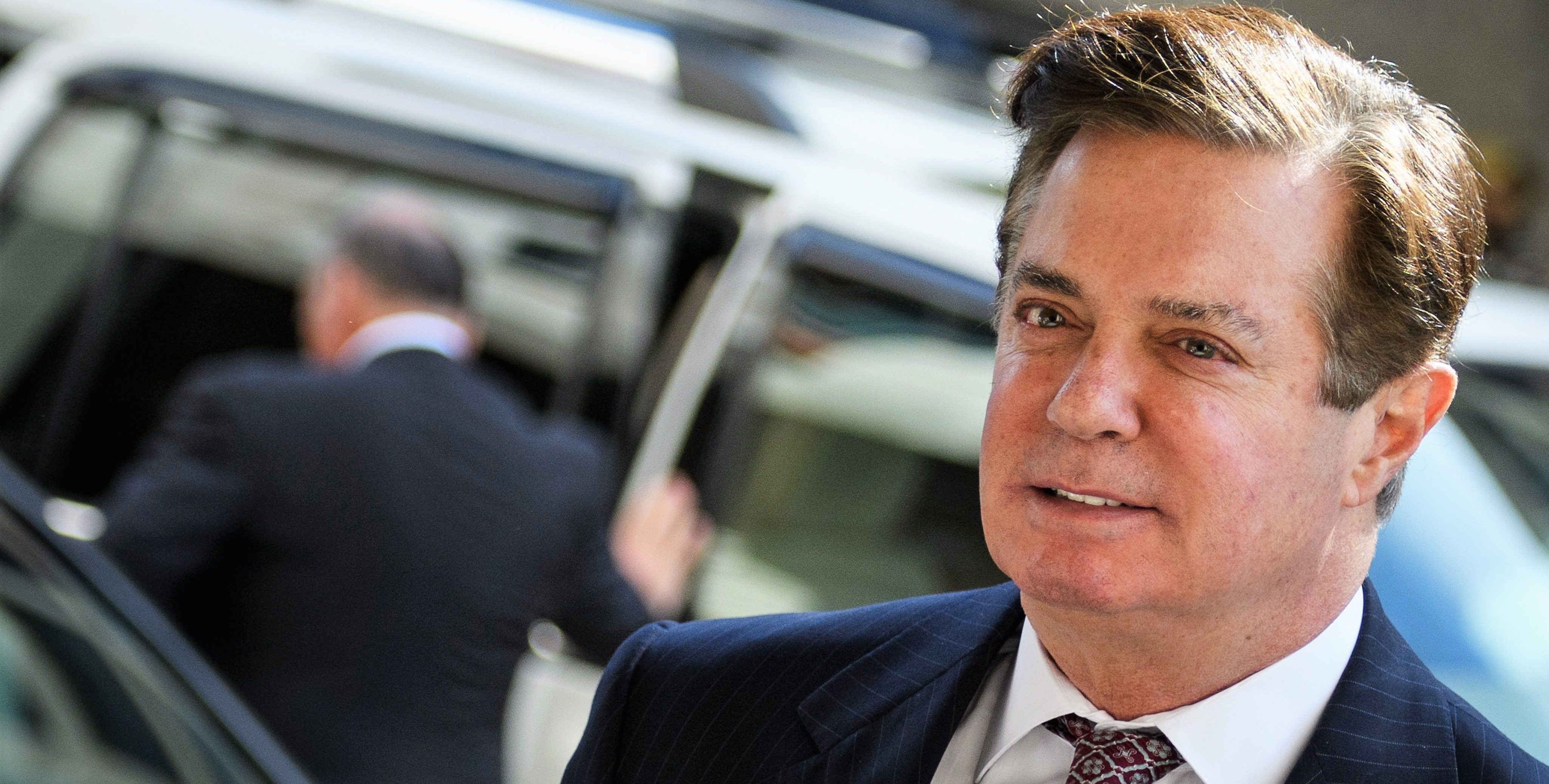
Attorneys for Paul Manafort have filed a public version of a previous motion to reconsider a judge’s ruling that the former Trump 2016 campaign chair lied about contacts with a Russian national. This motion argues that government prosecutors unlawfully withheld evidence crucial to the defense.
In a 10-page filing with the U.S. District Court for the District of Columbia submitted on Tuesday and made public on Wednesday, Manafort’s defense revealed a few additional details about their motion to reconsider Judge Amy Berman Jackson‘s ruling that their client lied about his contacts with Russian political operative Konstantin Kilimnik–who U.S. authorities claim has ties to the Russian Federation’s military intelligence divisions.
Notably, Manafort’s motion was apparently based on new evidence supplied by special counsel Robert Mueller‘s office.
“On February 26, 2019, the special counsel filed a sealed supplemental memorandum containing information that Mr. Manafort contends was subject to production under Brady v. Maryland and its progeny,” the filing notes. “The supplemental memorandum informed the court that a statement included in the declaration the special counsel submitted on January 14, 2019, which the court relied on when considering whether Mr. Manafort lied during his cooperation, was not accurate.”
In other words, Manafort’s attorneys believe that Mueller’s team was legally obligated to provide exculpatory evidence to the defense but failed to do so in a timely fashion–only telling the defense about said information at the same time the information was made available to Judge Jackson. Such potentially exculpatory information is typically referred to as “Brady material” or a “Brady disclosure” in line with the above-referenced landmark Supreme Court ruling.
Since substantial parts of the document filed Tuesday remain heavily redacted, however, there’s an open question as to what exactly Manafort is disputing viz. his relationship with Kilimnik, but it is widely assumed that the underlying issue has to do with Manafort’s alleged provision of polling data to the Russian operative during the 2016 U.S. presidential election.
A footnote elaborates on the charge against Mueller’s prosecutors by explaining that there is a timeline in dispute as to when Rick Gates‘s legal team approached the special counsel with information that has to do with, presumably, the alleged Kilimnik/polling data dissembling.
The footnote reads, in relevant part:
The Special Counsel explains that Mr. Gates’ counsel made contact in response to the media coverage of the breach litigation, which resulted in a meeting with Mr. Gates on February 15, 2019. The open question is, therefore, when did Mr. Gates’s counsel make the initial contact? If the contact resulted from news coverage of the breach litigation, it would likely have been the result of the February 7 release of the redacted transcript of the hearing on February 4, 2019 and the attendant news coverage, because the redacted transcript of the Court’s February 13, 2019 ruling was not released until February 15. This question of timing is not trivial.
Essentially, Manafort’s attorneys appear to be arguing Gates came up with a plan to suddenly remember additional negative information about his former boss in order to bolster an extant–and perhaps not fully supported–theory by the prosecution that Manafort had lied.
“Now, for the first time, the Court and the defense are advised that on February 15, 2019, the special counsel re-interviewed Mr. Gates and he clarified his prior testimony,” the filing notes. Mr. Gates stated that the material in [redacted]. This statement is, in fact, consistent with the [sic] Mr. Manafort’s position at the hearing and fails to support the special counsel’s argument.”
Then there’s the alleged Brady violation.
“Moreover, the special counsel has now acknowledged that it was in possession of [redacted],” the filing continues. “Apparently, the special counsel did not review those [redacted] prior to challenging Mr. Manafort’s explanation of [redacted]. Even more troubling is the fact that special counsel did not question Mr. Gates about this issue prior to determining that Mr. Manafort lied, filing the breach motion, or making arguments to this Court.”
[image via MANDEL NGAN/AFP/Getty Images.]